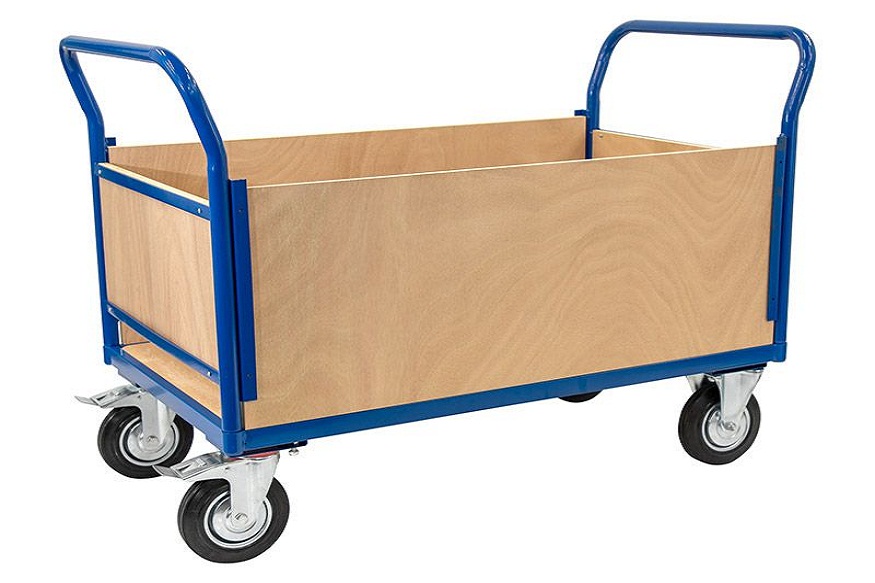With the rise of e-commerce, delivery is becoming an increasingly important part of our consumption patterns and is an integral part of the act of online shopping, which inevitably results in filling in the delivery address. and the choice of the delivery method (parcel relay or at home, at a more or less close deadline).
In this context, creating a delivery business may therefore seem particularly wise. But beware, like any business creation, this one cannot be improvised!
If you’re wondering how to start a delivery business, you’ve come to the right place! Discover in this guide everything you need to know about the creation of a freight forwarding company, couriers or the status of independent delivery person: market study of the delivery sector, human and material needs necessary for the smooth running of the activity, development of a business plan for a delivery company, search for financing.
The importance of conducting market research to create your delivery business
Before opening a delivery business, it will be advisable to carry out a thorough market study of the sector. This mandatory step will allow you to set up your project on a good basis.
Indeed, the market study will allow you to assess the vitality of the sector, to know what the expectations of the customers are and to know the level of competition.
Thus, you will be able to verify that there is indeed a commercial opportunity at the level of the planned location, but also to build a commercial positioning in line with customer expectations and differentiating from the competition.
The different stages of its delivery market study
To carry out a market study of the delivery sector, you will first need to analyze the major trends in the sector and in particular ask yourself if the latter is growing, if new trends are emerging or if there is a significant change in purchasing behavior.
In your market research, you will therefore also have to study consumer expectations and in particular assess the typical profile of a customer, best assess the budget he is ready to put into delivery, how often he intends to call on your services, on what occasions, etc.
Finally, you will have to carry out an in-depth analysis of the competition and list your direct and indirect competitors, list the services offered, find out from whom and at what price the offer is available. For each of the actors, evaluate the workforce, the financial health, the locations.
The delivery market is currently experiencing very strong growth, especially in large cities. Be careful though, it is also a highly competitive market which has recently been liberalized in response to very strong demand which reflects a real change in consumption patterns.
Finally, note also that the fast delivery of the e-commerce giant Amazon is part of its competitive advantages. The American e-commerce heavyweight, which has established itself in all Western countries, has made logistics and delivery key factors in its success. There are also delivery allowances.
As we can see, the delivery market is undergoing major restructuring, driven by an upheaval in consumption patterns that gives pride of place to online purchases. However, this does not mean that foraying into this market will be easy. The historical players now coexist with new players who have very quickly established themselves. The competition is tough.
Opening a delivery business: the regulatory context
To open a delivery company, it is necessary to respect the legislation in force, in particular with regard to insurance. It is indeed necessary to take out professional liability insurance.
Vehicle insurance (at least third party) is also compulsory if it is a motor vehicle. You will also need to register with the Register of transport companies managed by the Regional Directorate for the Environment, Planning and Housing (DREAL).
On the other hand, for other means of delivery, including electric bicycles, this registration is not compulsory and no insurance is required, although we strongly recommend it. An accident can happen so quickly and breakdowns or damage to your means of transport can impact your ability to make deliveries and therefore your turnover.
Also note: in terms of road transport of goods, you must hold a certificate of professional capacity obtained by examination, or, under certain conditions, by professional experience or equivalence of diploma with regard to heavy transport (more than 3.5 tons). For light transport (less than 3.5 tonnes), you can obtain it by following a 105-hour training course culminating in an exam, or by diploma equivalence for holders of the professional “transport” baccalaureate.





